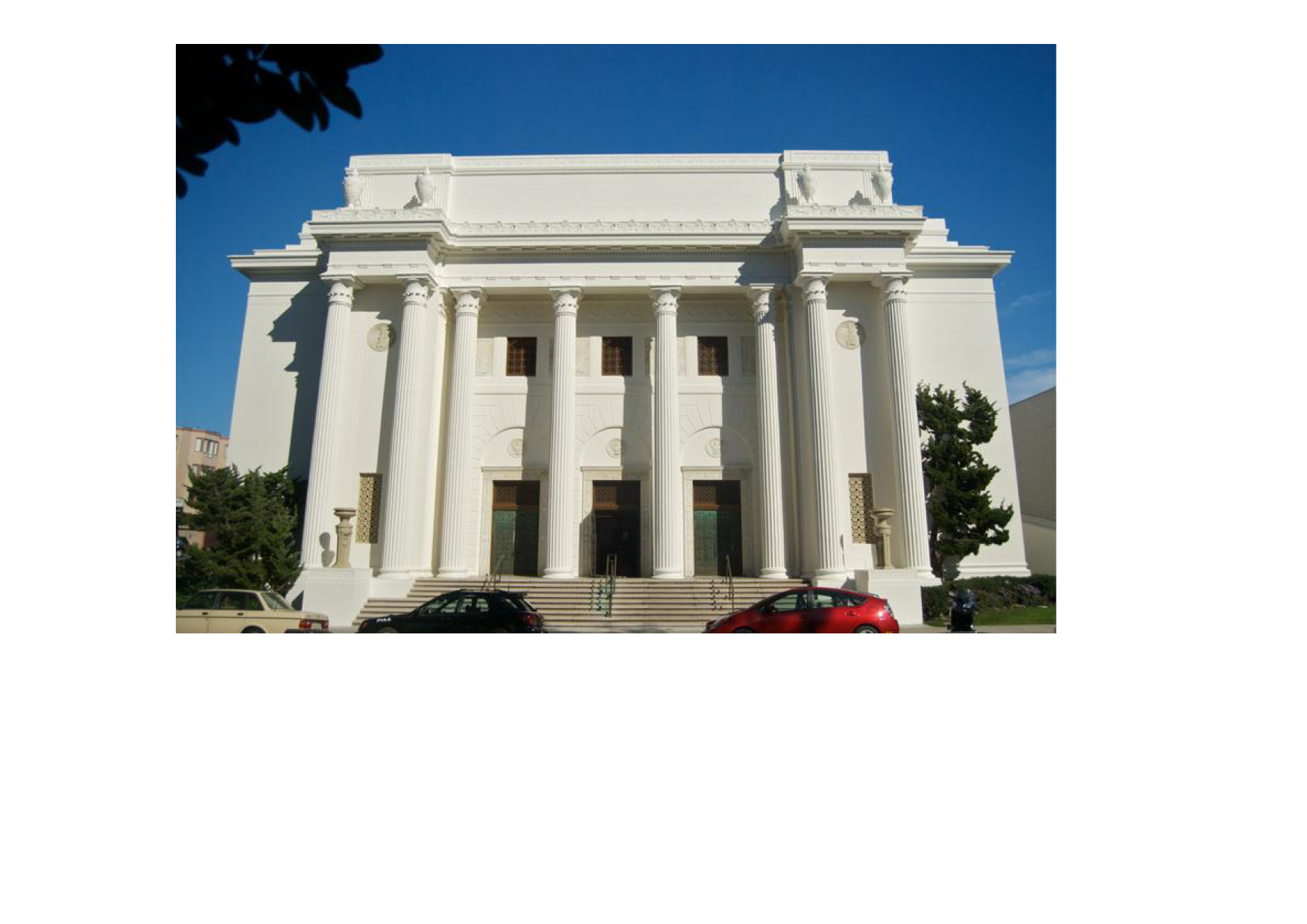proprietorising

see also keeping private
Information, in the form of descriptions that abstract themselves from the flux of common experience, is owned by private individuals or companies. Information is property, under the law. But laws should reflect the interests of the public. The “public interest” for individuals to profit from their (and others’) labour competes against another, “more public”, public interest: one which sees information as common property, or one that rejects any notion of information having proprietary substance. The word “information” is related to both the Latin verb informare, meaning “to shape”, “to form an idea of”, or “to describe”, and its cognates from the substantive “forma”, meaning “character”, “form”, “nature”, “kind”, and “manner”.1
Description seems to be the primary function of this word “information”: giving shape to experience, the very stuff of language and communication. Information has a social interest. It follows then that the most beneficial use of information would be one that serves the social good. The collective, social act of sharing information should not be trumped by individual financial interests. Never trust a corporation to do a librarian’s job.
Image: Headquarters of The Internet Archive, San Francisco, USA
-
Hobart, M. E. and Schiffman, Z. S. (1998) Information Ages: Literacy, Numeracy, and the Computer Revolution. Baltimore: Johns Hopkins University Press. ↩
